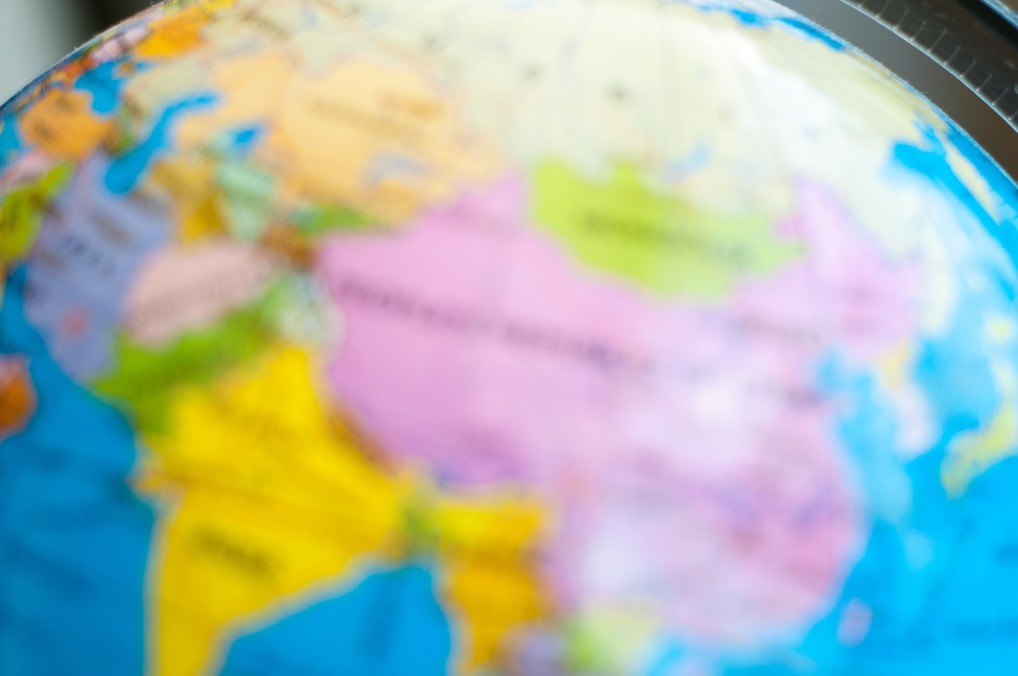Over at GOOD, Tate Watkins writes about Oliberté Footwear, a company that manufactures premium shoes in Africa.
‘Why or how could anyone want to make shoes in a place full of so much poverty and corruption?’ That’s the question many people asked Canadian Tal Dehtiar when he founded Oliberté Footwear, the first company to make premium shoes in Africa using African materials and explicitly linking shoes sold by Western retailers to job creation on the continent. Dehtiar started the Toronto-based company in 2009, and sales increased from a mere 200 pairs initially to 10,000 in 2011. He projects sales of between 20,000 and 25,000 this year. “At Oliberté, we believe Africa can compete on a global scale,” he says, “but it needs a chance. It doesn’t need handouts or a hand up. It needs people to start shaking hands and companies to start making deals to work in these countries.”Dehtiar describes the difference between his company, Oliberté, and the one-for-one model of TOMS shoes:
“With TOMS,” Dehtiar says, “the best thing is the awareness they’ve created.” But he’s skeptical of the company’s one-for-one model because he believes the donations can pressure local shoemakers and vendors, in addition to reinforcing stereotypes about the developing world. “TOMS Shoes is a good marketing tool, but it’s not good aid,” agrees Saundra Schimmelpfennig, an international aid expert who blogs at Good Intentions Are Not Enough, where she aims to educate nonprofit donors about effective charity. She’s criticized TOMS for competing with local producers by handing out free goods and for being “quintessential Whites in Shining Armor.” “The idea of creating jobs that pay a fair wage and provide necessary benefits,” she says, “can have far more impact than aid.”
According to its latest giving report, TOMS also uses factories in Ethiopia, in addition to ones in China and Argentina. “I’m not saying ours is a better way,” Dehtiar says, “but people just continue to give away stuff to Africa, and there’s no incentive for dependencies to end.”Read the entire piece here. And check out our posts on TOMS shoes and the one-for-one model here and here.



